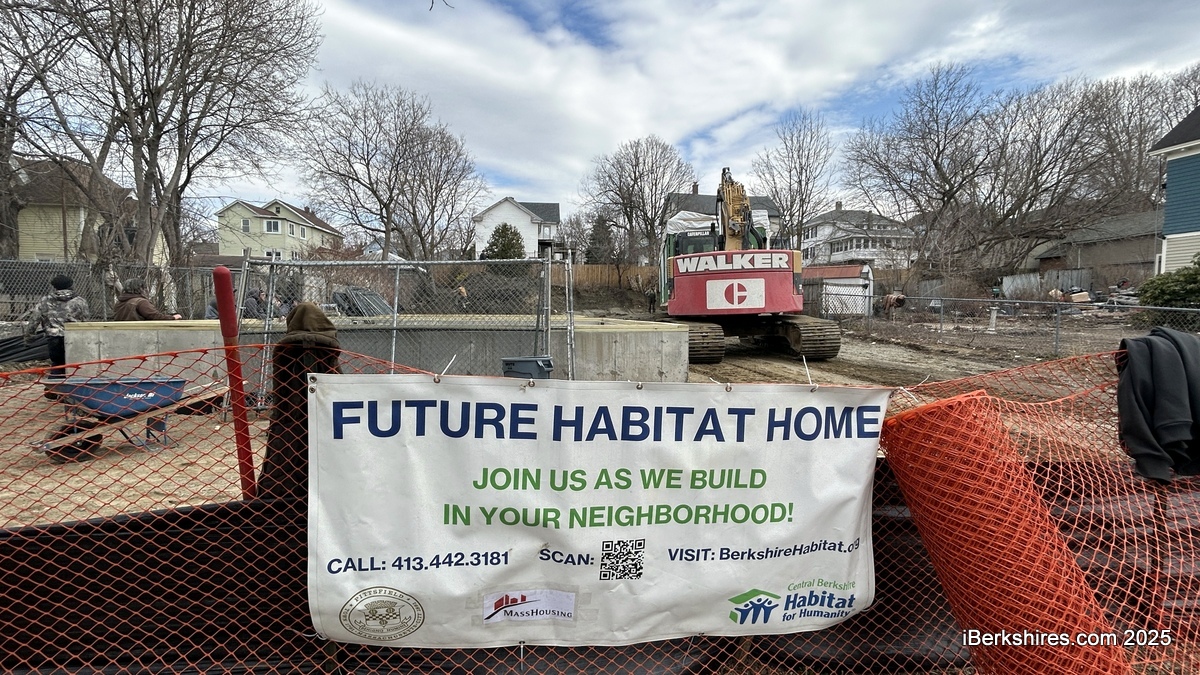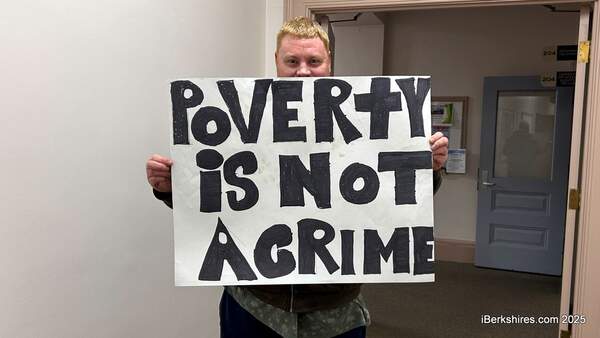Berkshire Planning Commission Budget Up 16% for FY24
PITTSFIELD, Mass. — Berkshire Regional Planning Commission's proposed budget has increased by more than $886,000, or about 16.4 percent, largely due to several new grants.
On Thursday, the Finance Committee OK'd a proposed $6,266,015 budget for fiscal 2024, which is $866,431 higher than this year. It will go to the full commission for final approval.
Treasurer Buck Donovan said that, as usual, the ask is detailed and done very well by staff.
He pointed out that there is a jump in compensation and vacation leave from around $150,000 to around $190,000 because the organization has more employees with bigger salaries.
Overall benefits including health, dental, sick, vacation, and comp time increased by $143,985 from $984,065 in FY23 to $1,128,050 in FY24. Retiree health insurance decreased because of the decrease in the dental rate cost for FY24.
The computer equipment, software, and maintenance line also increased significantly from around $51,000 to about $72,000 because BRPC was required to do additional malware and spam protections from its insurance company.
The budget increase is primarily due to new grants for economic development, housing, environmental and energy, and public health programs. BRPC has several awarded grants that will be under contract shortly as well as grant applications that have been or will be submitted in the coming months.
Revenues include $250,000 from the Substance Misuse Grant Program and about $357,000 for Local Health Support Contact Tracing, and about $306,000 for the Regional Food System Partnerships Program.
Additionally, revenue generated from community assessments has a 2.5 percent budget increase resulting in a fee of $106,844 for FY24.
Executive Director Thomas Matuszko also gave an update on efforts directed toward the employer portion of state retirement.
"There has been legislation filed on both sides," he reported. "On one side trying to make sure that the regional planning agencies pay their share and on the other side, the regional planning agencies say that we shouldn't pay anything because we haven't been forever."
There was a statewide hearing held on the topic and Matuszko believes that some kind of compromise will have to happen.
"I don't think that they're going to give regional planning agencies a free ride," he said. "But at the same time, part of the problem is that they have these planning agencies, not us, but others have a huge past due that would basically break bankrupt them if they had to pay it."
Matuszko said the impact on BRPC would not be "totally detrimental." The planners did the numbers some time ago and found it would be about $16,000 a year but it depends on the number of employees and percentage that gets finalized.
"For us, it would be manageable," he said.
Tags: BRPC, fiscal 2024,
















